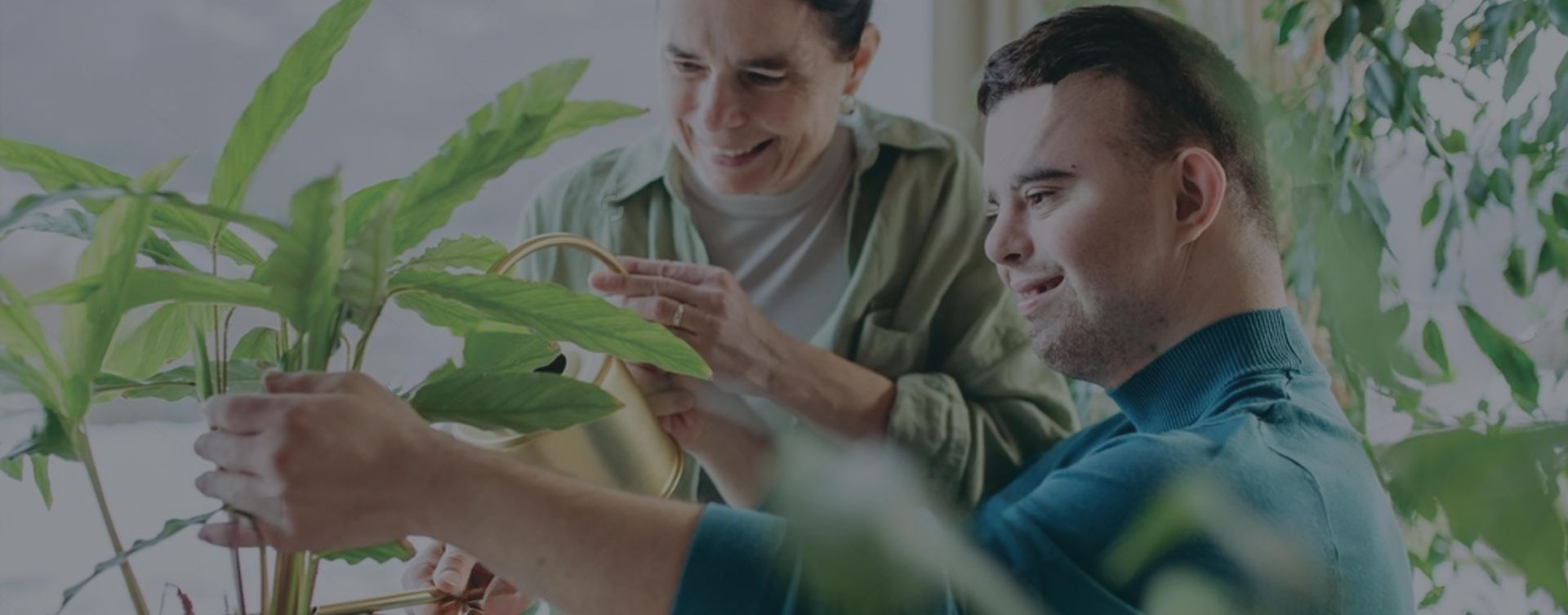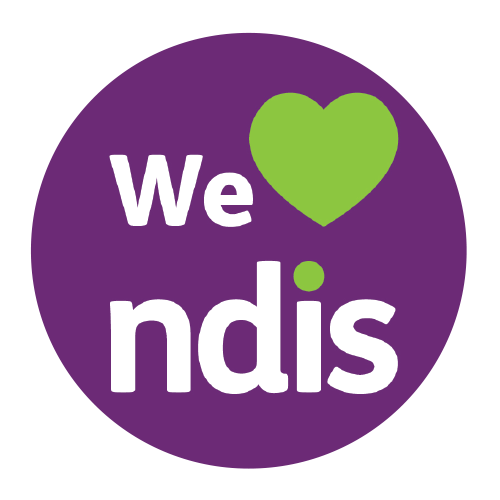We Thank You For Lighting The Way
Celebrating International Women's Day - 08th March 2024
Today (and every day) we would like to thank the incredible women who form the foundation of our service and commitment to healthcare. Health Staff Australia has earned a reputation of compassion, understanding and a level of care that is unquestionable.

To the Women who lead on the frontlines, dedicating their lives to caring for the vulnerable, those who literally hold the hands of the communities we serve – We Thank You!
To the Women of Health Staff Australia (and those that will still come), holding the fort together behind the curtains, who quietly seize each day co-ordinating the day to day running of Health Staff Australia, often wearing many hats at any given time.
To the pioneers – Our incredible Sandra (featured above) - who not only heads our organisation but also leads with an infallible humility in her incredible service on the ground with our clients. A true leader that does not simply sit at the top, and reminds us each day to always hold on to the innate passion that drove Health Staff into existence and its continued success; a spirit that exists throughout Health Staff Australia.
A commitment to never lose that human touch.
To the mothers, Sisters, Aunties and Daughters who have dedicated their lives to serving their families, to loving whole-heartedly, to being incredible mentors and best friends – and who still take all that care and spread it into our communities, nurturing with gentleness and yet advocating with ferocity for better healthcare.
Thank-You for your unending commitment to continue to lead and light the way for our current generation and generations to Come!
"I think one's feelings waste themselves in words, they ought all to be distilled into actions which bring results" - Florence Nightingale
We celebrate you today, tomorrow and every day to come.





